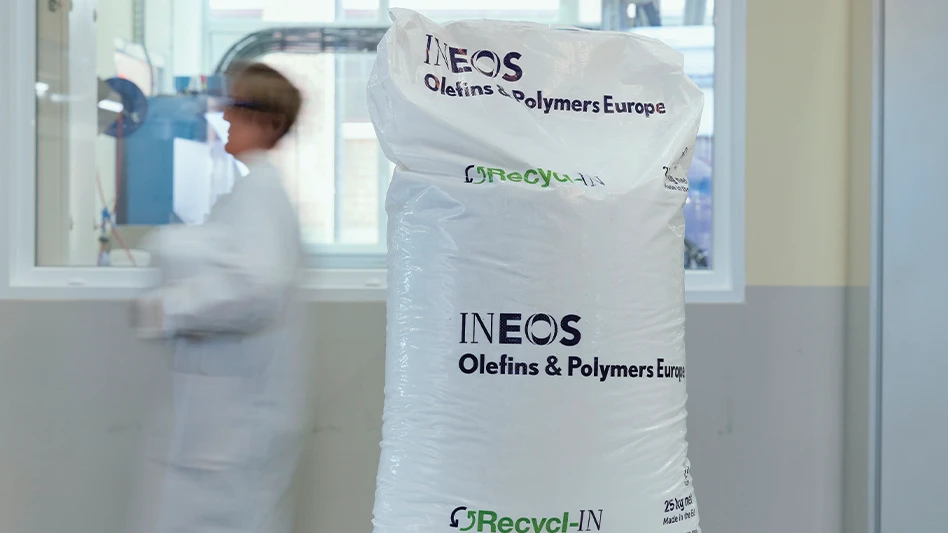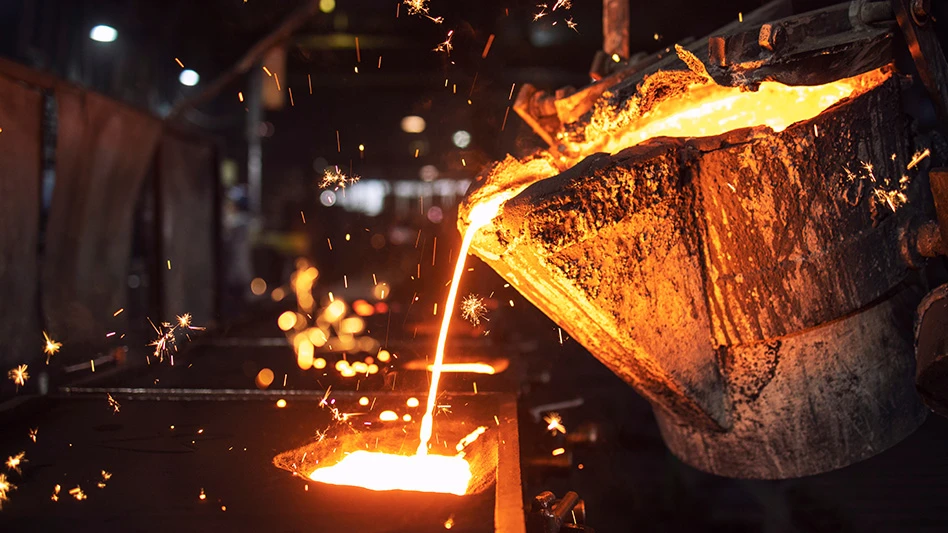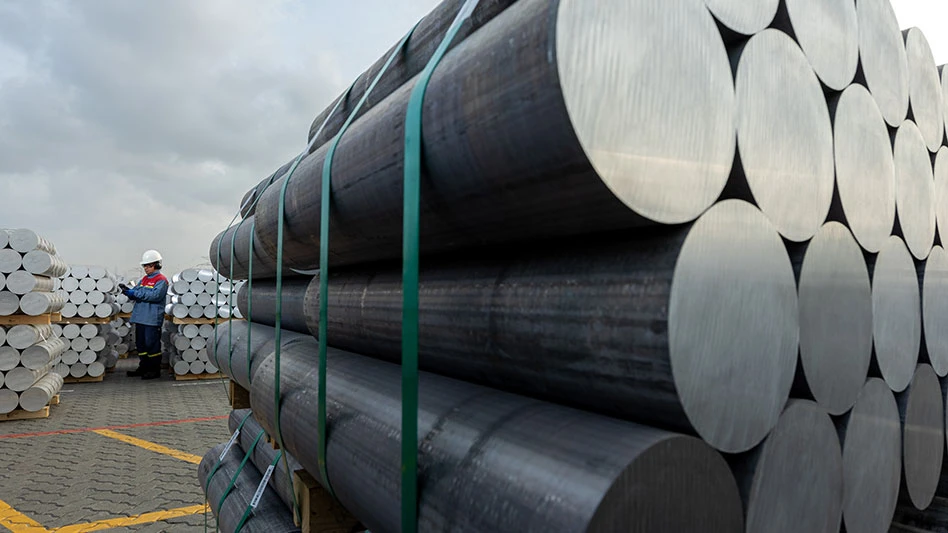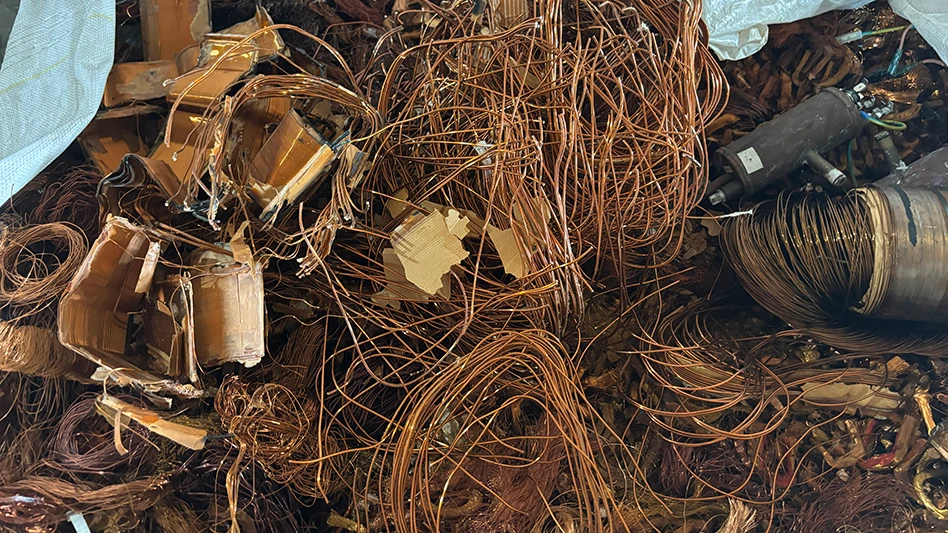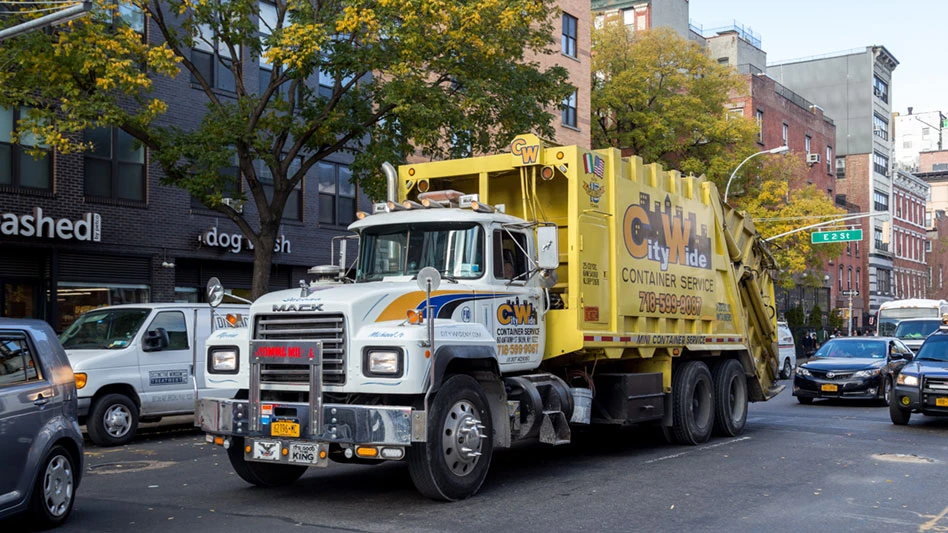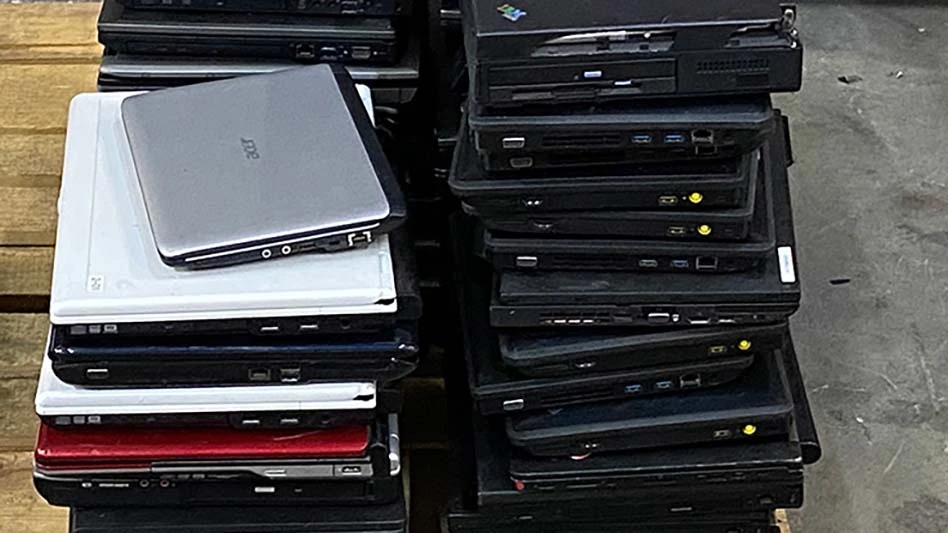
Image courtesy of CE-RISE
A consortium with representatives from throughout the value chain of electronic products, information technology experts and research institutions focusing on raw materials has started a four-year project called the Circular Economy Resource Information System (CE-RISE) to create a data platform to share detailed information on these products. CE-RISE will develop the platform to provide a better understanding of the green credentials of electronic products and how to preserve raw materials through the reuse, repair and recycling of these items.
Renewable energy technologies (RET) and information and communication technologies (ICT) play an important role in transitioning to a digitalized and zero-emission Europe, the consortium says. However, these technologies are manufactured using raw materials that the European Union classes as “critical,” meaning they are vital to the economy but also at supply risk because they come from conflict zones or are largely controlled by one or just a few countries.
Russia, for example, accounts for more than 40 percent of the world’s palladium production, according to the Organization for Economic Cooperation and Development. Geopolitical changes can quickly and adversely affect the supply chain for critical raw materials. One way the European Union can increase its control over the supply of these materials is to focus on those already contained in products being used in Europe.

Project coordinator and senior scientist Golnoush Abbasi at Norway-based NILU (Stiftelsen Norsk Institutt for luftforskning) says, “CE-RISE aims to increase the lifetime of raw materials by creating an information system that will enable sharing of necessary information among actors in the value chains about the content and composition of products. This will optimize their repair, reuse and recycling and the recovery of the resources they contain. By doing so, it will facilitate an increased autonomy in Europe for key value chains, such as that for critical raw materials.”
The project has five stages:
- defining a set of criteria to evaluate the extent to which products and embedded components can be reused, repaired, refurbished and/or recycled – the so called “RE criteria;”
- incorporating information on RE criteria and material composition of products into a Digital Product Passport (DPP) to enable traceability of materials in the supply chain;
- integrating DPP with information on the product environmental footprint (PEF) and socio-economic and environmental (SEE) impacts of RE processes;
- enabling confidential and anonymized information sharing among actors throughout value chains;
- providing an open-access software application to disseminate information on the assessment of RE criteria, PEF and SEE impacts of products to all stakeholders including consumers and policymakers.
The functionality of the CE-RISE information system and products will be evaluated by five case studies in which a DPP will be developed for ICT products, printers, solar panels, batteries and heating systems.
“The available information on SEE impacts of products on DPPs will help consumers to compare the social and environmental impacts of different products,” Abassi says. “When you can check for yourself if this kind of electronic gadget has a better environmental and ethical footprint than another, it is easier to make a sustainable choice.”
Launched in January, CE-RISE is led by NILU and involves 28 partners from 11 countries:
- NILU;
- United Nations Institute for Training and Research;
- Universiteit Leiden;
- Circularise B.V.;
- Ansys UK Ltd.;
- Collaboration Centre on Sustainable Consumption and Production, or CSCP;
- WEEE Forum;
- REPIC Ltd.;
- Bureau de Recherches Géologiques et Minières, or BRGM -;
- Recosi d.o.o. so p.;
- University of Oslo;
- Ecologicon GmbH;
- Lexmark Int. Technology Hungary;
- Ecoreset SA;
- Rosi SAS;
- PhoenixRM Ltd.;
- Technische Universität Berlin;
- Erion WEEE;
- Eyde-Klyngen;
- Norsk Hydro ASA;
- Vianode AS;
- Aludyne Norway AS;
- Glencore Nikkelverk AS;
- Morrow Batteries;
- Lexmark International Technology SARL;
- Viessmann Climate Solutions SE; and
- Swiss Federal Laboratories for Materials Science and Technology, or Empa.
Latest from Recycling Today
- Maverick Environmental Equipment opens Detroit-area location
- International Paper completes sale of global cellulose fibers business
- Building a bridge to circularity
- Alton Steel to cease operations
- Nucor finishes 2025 with 14 percent earnings decline
- Algoma to supply Korean shipbuilder
- Improving fleet maintenance management across multiple locations
- Aimplas project recycles nylon fishing nets
